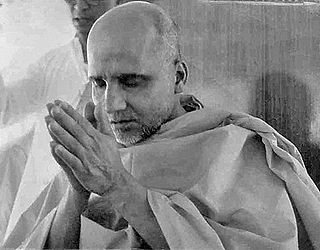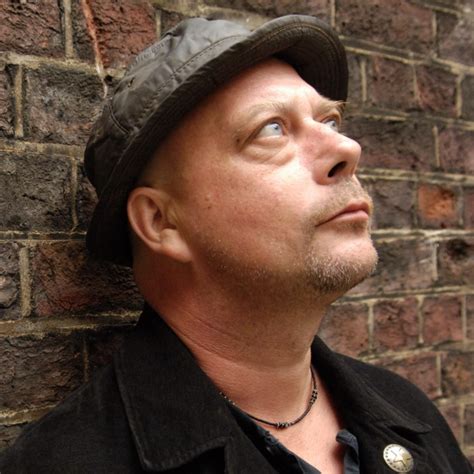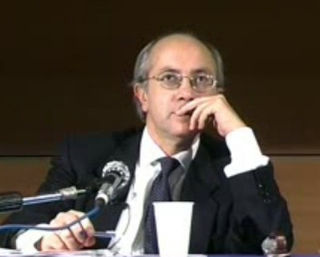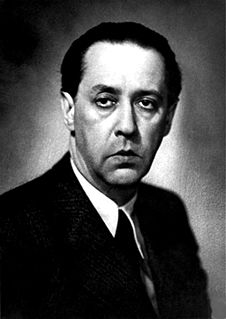A Quote by Allen W. Wood
Philosophy is about getting the facts right, but it is also about thinking rightly about them. Philosophy is more about the latter than the former.
Related Quotes
People who turn to philosophy expecting to harvest a crop of formulas of wisdom or understanding do not understand-philosophy has such things, but they are merely incidental, not the essence of the matter. Philosophy is about subtilizing and tuning up the coherence and acuity of one's seeing, it is about opening new dimensions for insight, learning to think about what one is doing when one thinks instead of just blundering through the processes of putting thoughts together.
Some of my understanding of what philosophy and ethics is has changed very slowly. One thing that has changed is this for quite a long time I bought-into the idea that philosophy is basically about arguments. I'm increasingly of the view that it isn't. The most interesting things in philosophy aren't arguments. The thing that I think is underestimated is what I call a form of attending. I think that philosophy is at least as much about carefully attending to things as it is about the structure of arguments.
I read about eastern philosophy and religion and existentialism. All that introspective thinking got me thinking about the great beyond. That turned my sights from inwards to outwards, and I started becoming interested in the makeup of the universe, and I started reading about astronomy, planets, and galaxies.
What man needs is not philosophy or religion in the academic or formalistic sense of the term, but ability to think rightly. The malady of the age is not absence of philosophy or even irreligion but wrong thinking and a vanity which passes for knowledge. Though it is difficult to define right thinking, it cannot be denied that it is the goal of the aspirations of everyone.
It started becoming clear to me how one might have views about the nature of mind and of knowledge which are empirically informed. This way of thinking about philosophical theorizing makes sense of how philosophy might be a legitimate intellectual activity, in a way that a good deal of the armchair philosophy, I believe, cannot.
I realize now that people are not thinking about you and me or caring what is said about us. They are thinking about themselves-before breakfast, after breakfast, and right on until ten minutes past midnight. They would be a thousand times more concerned about a slight headache of their own than they would about the news of your death or mine.
One or another man, liberated or cursed, suddenly sees-but even this man sees rarely-that all we are is what we aren't, that we fool ourselves about what's true and are wrong about what we conclude is right. And this man, who in a flash sees the universe naked, creates a philosophy or dreams up a religion; and the philosophy spreads and the religion propagates, and those who believe in the philosophy begin to wear it as a suit they don't see, and those who believe in the religion put it on as a mask they soon forget.



































